Analysis of Leadership and Management Roles, Theories, and Practices
VerifiedAdded on 2023/01/20
|11
|754
|100
Report
AI Summary
This report provides a comparative analysis of the roles of leaders and managers within an organizational context. It begins by defining the roles of both leaders and managers, emphasizing their distinct functions in motivating employees and achieving organizational goals. The report then delves into the key characteristics of effective leaders and managers, highlighting traits such as honesty, communication skills, and the ability to inspire. Furthermore, it applies various management and leadership theories, including human relations theory, interpersonal and decisional roles, behavioral leadership, democratic leadership, and autocratic leadership, to illustrate the practical differences between the two roles. Finally, the report concludes with a list of references, including books and journals that support the information presented, offering a comprehensive overview of leadership and management principles and practices.
1 out of 11
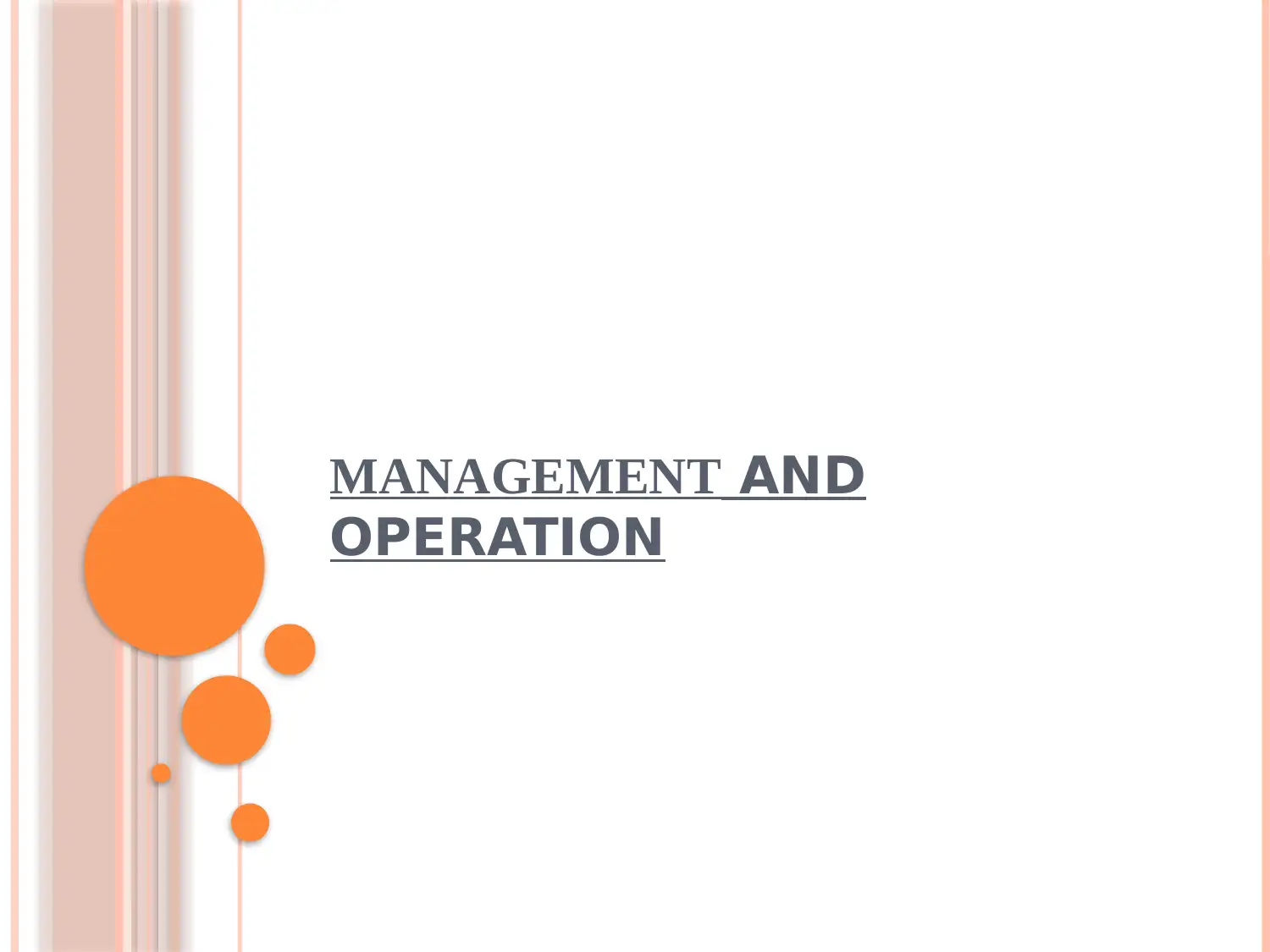
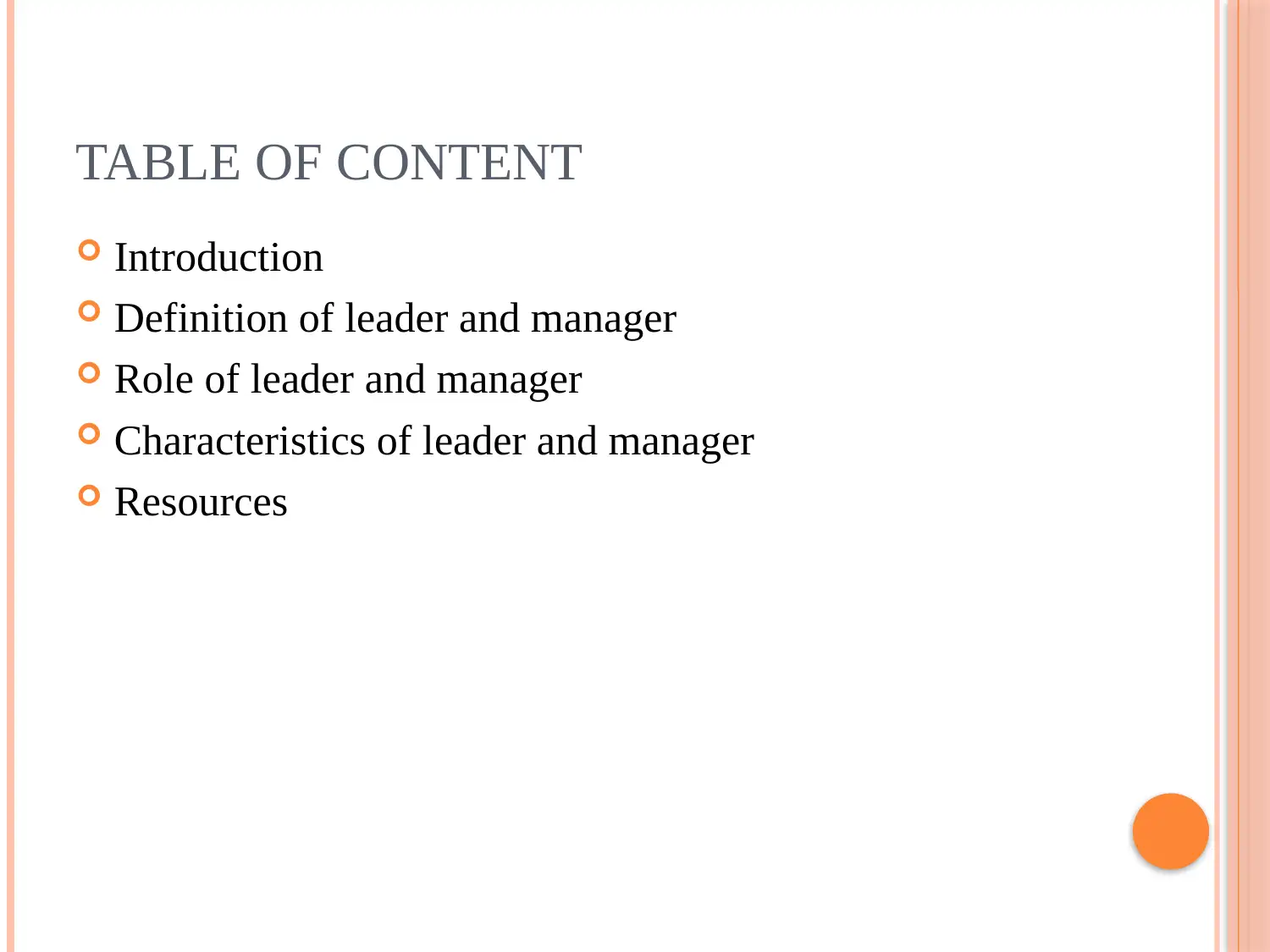
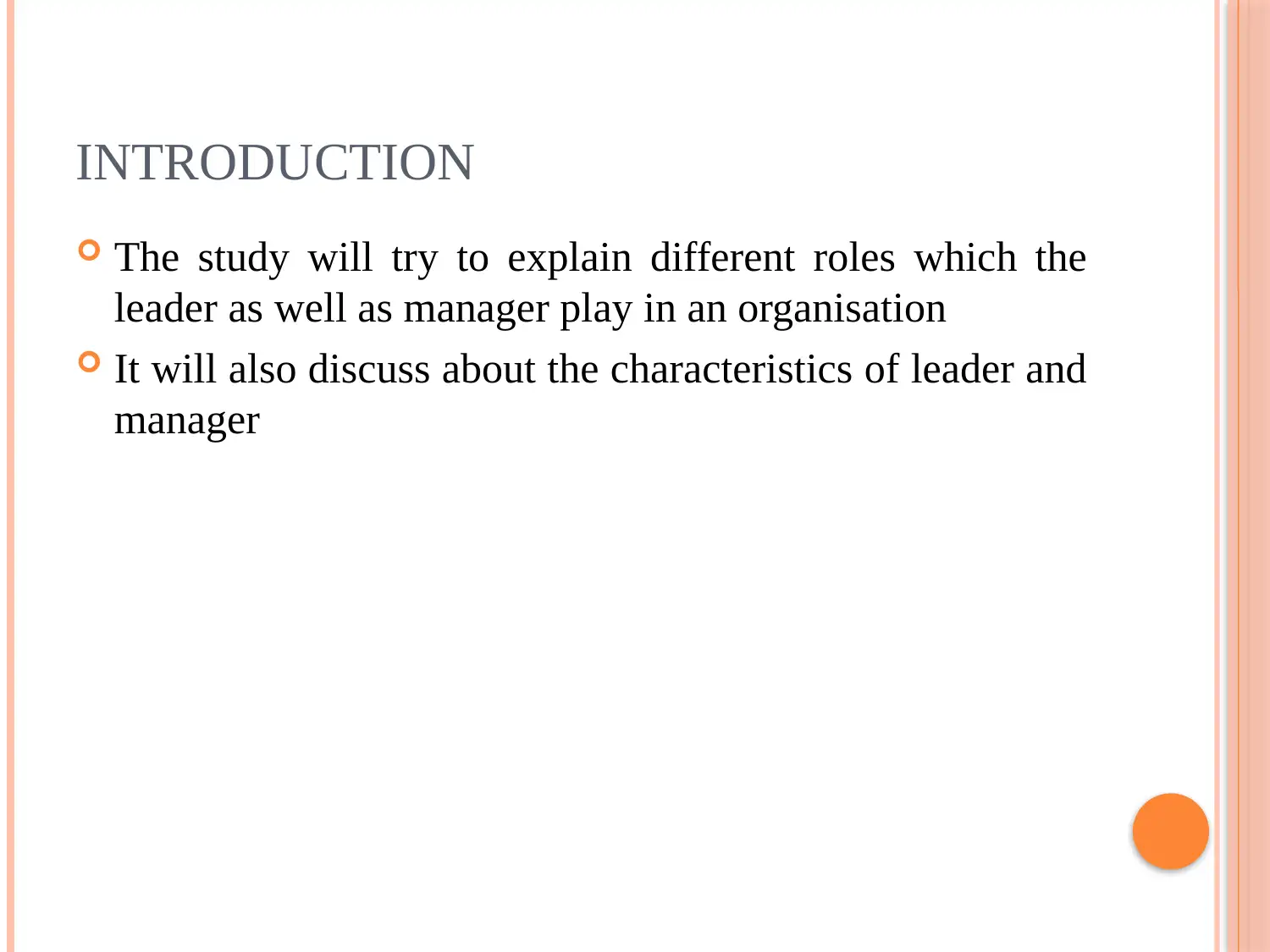

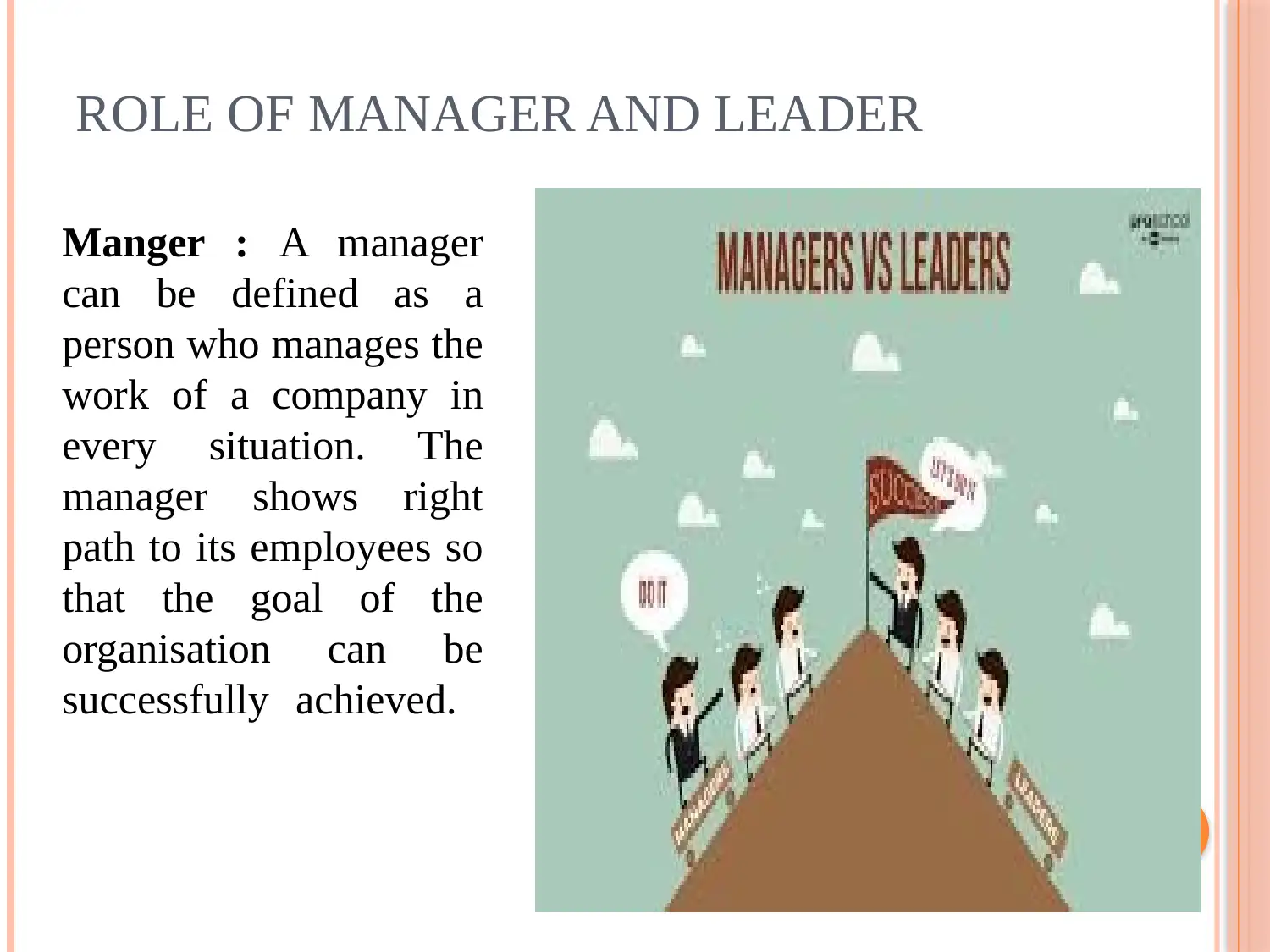
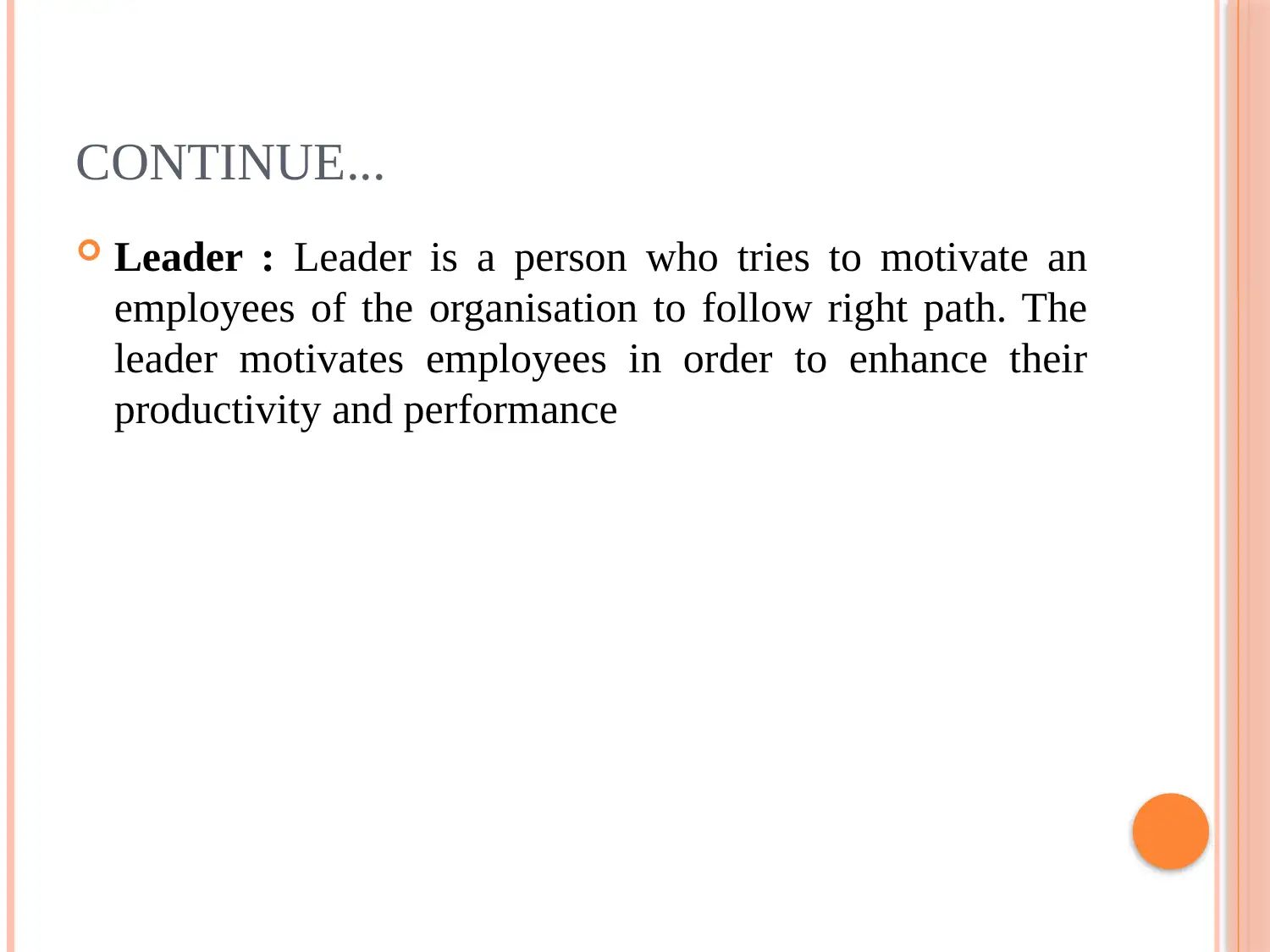
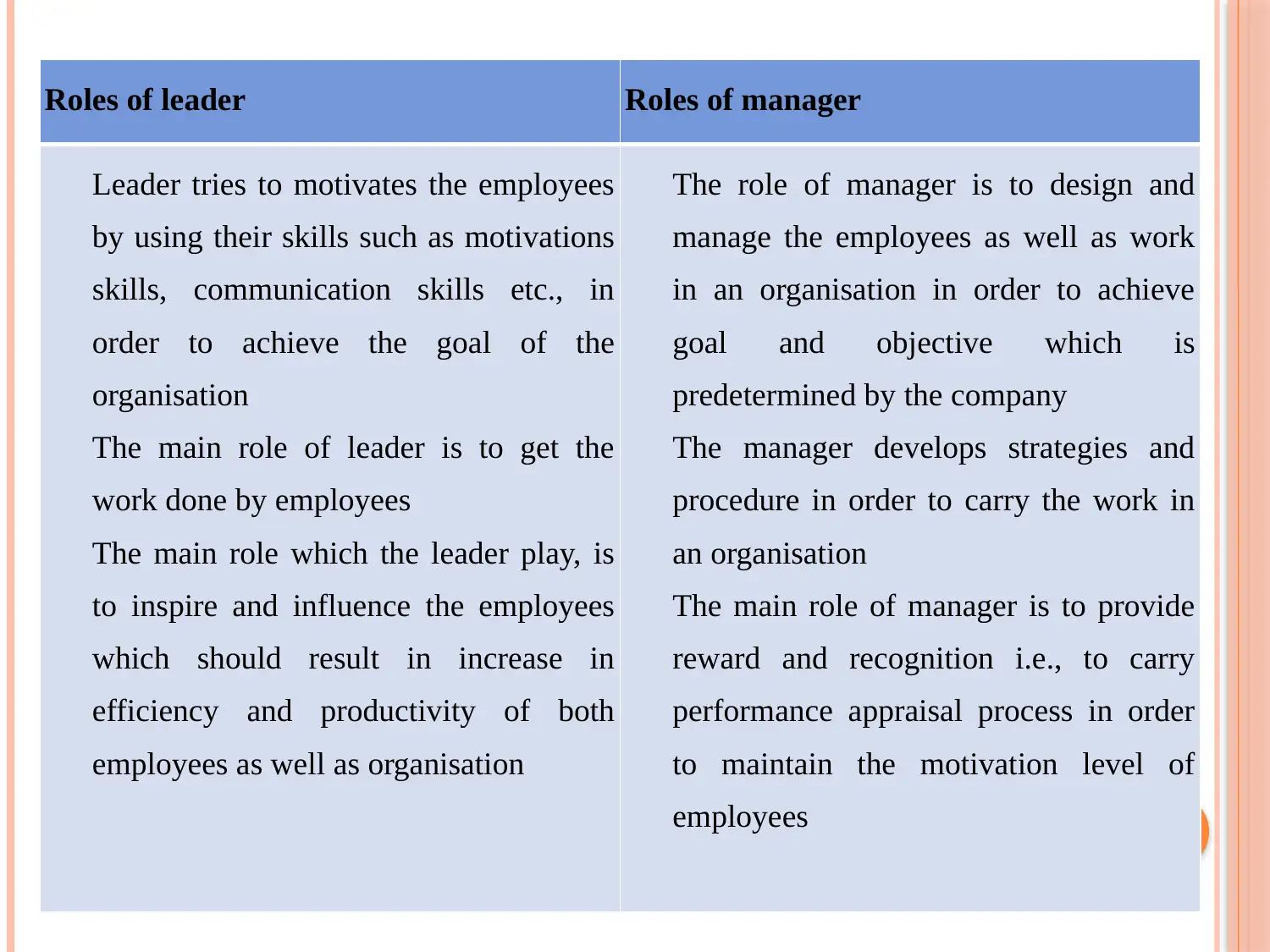
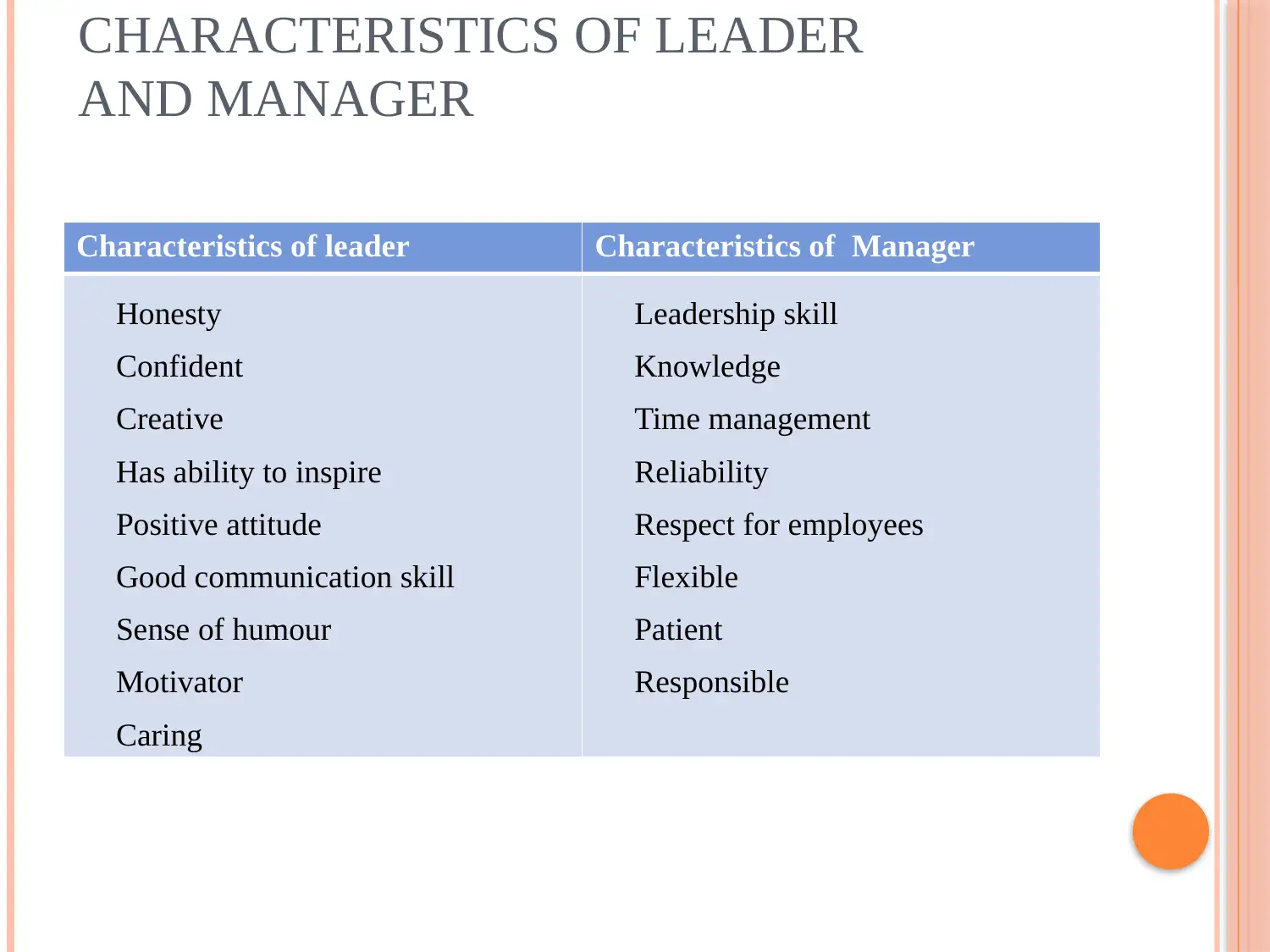
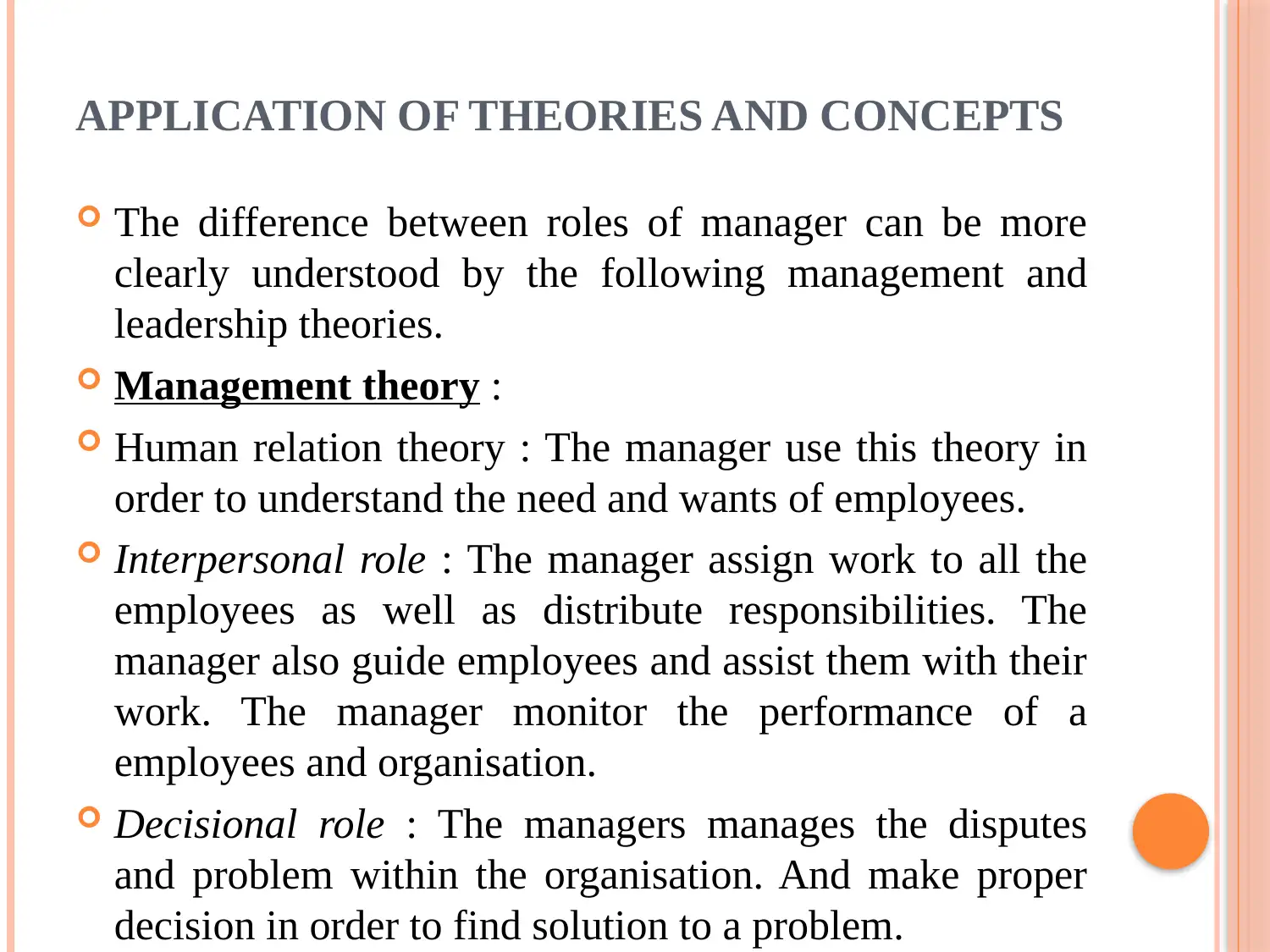
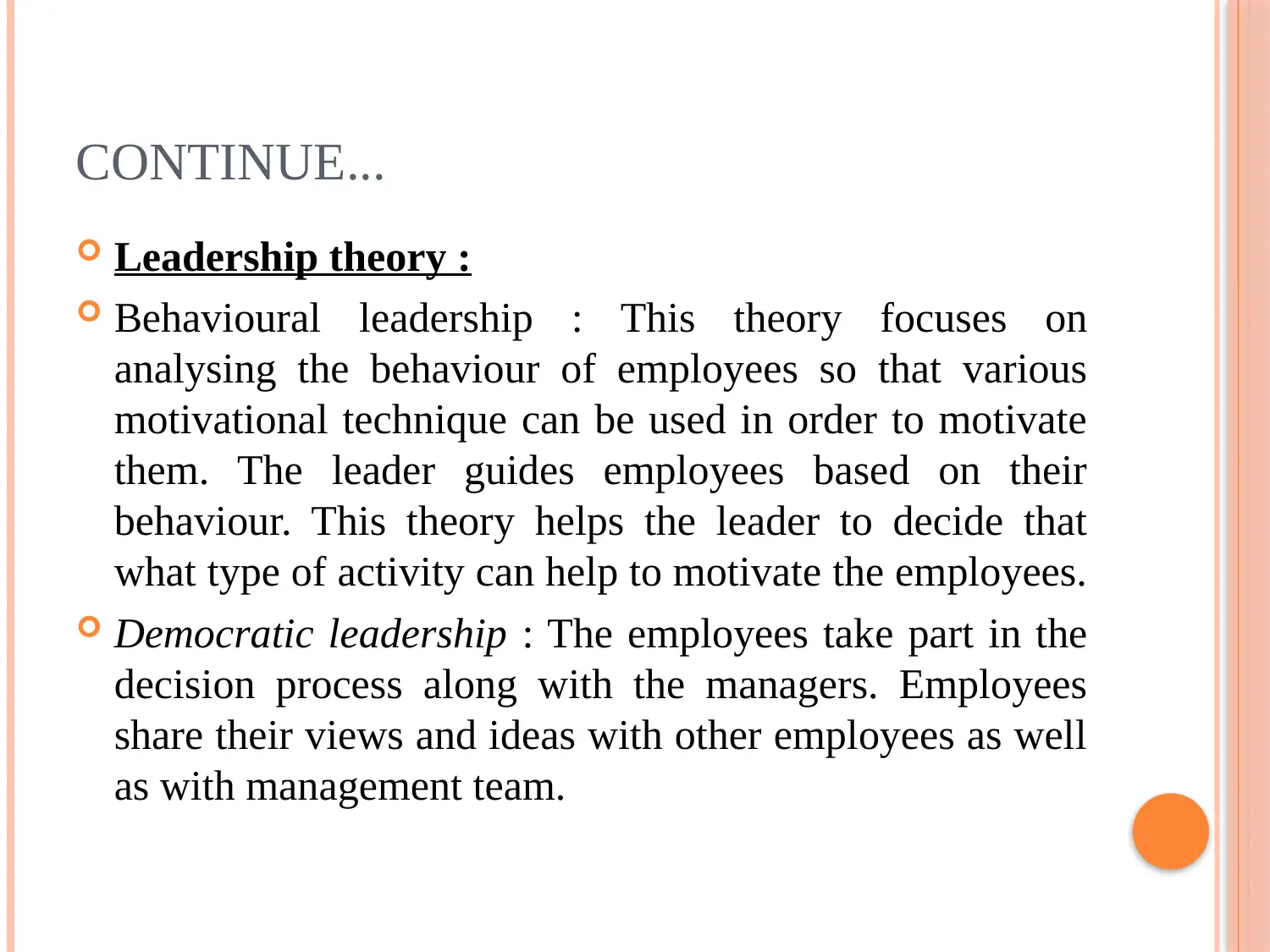
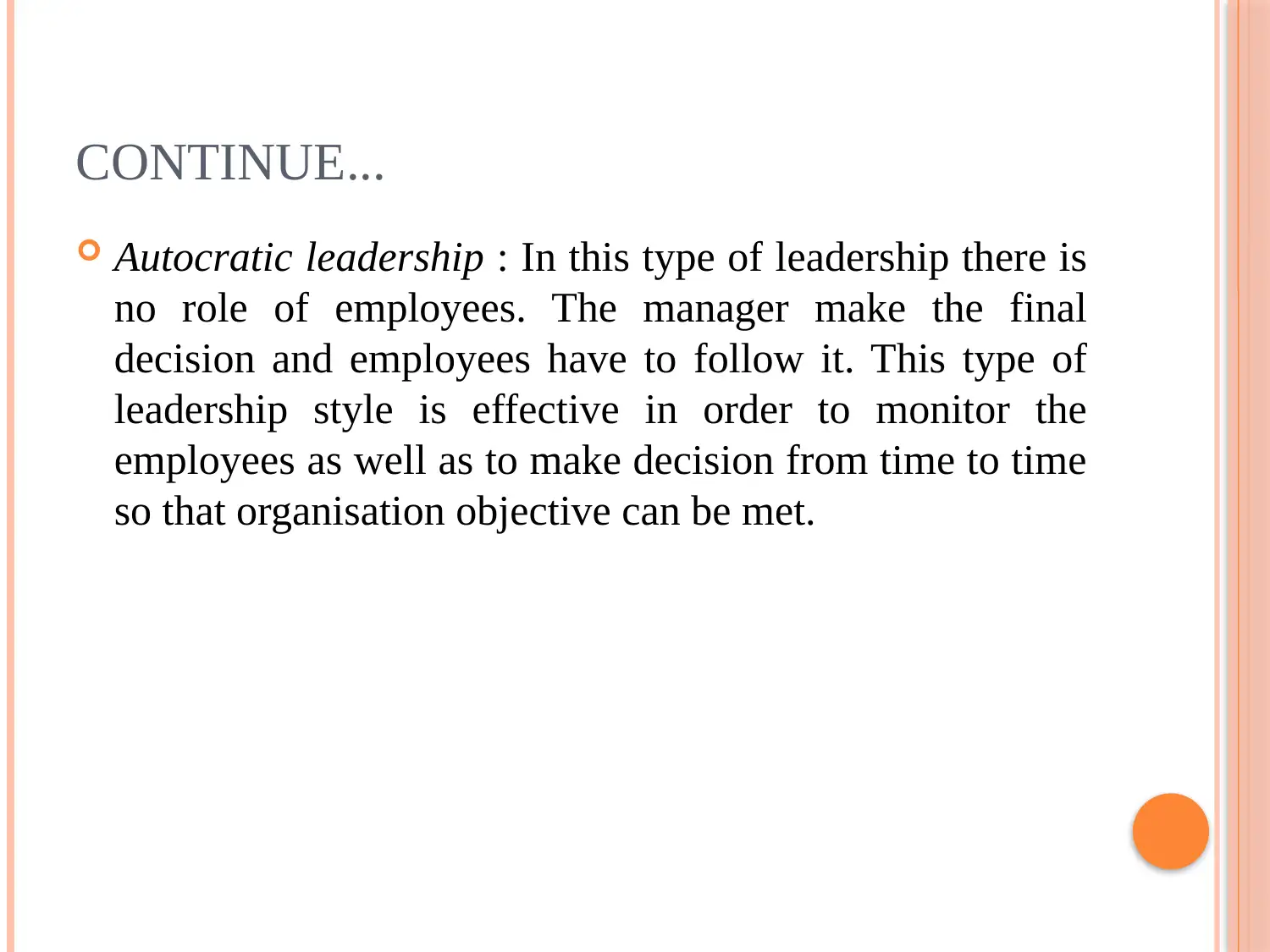
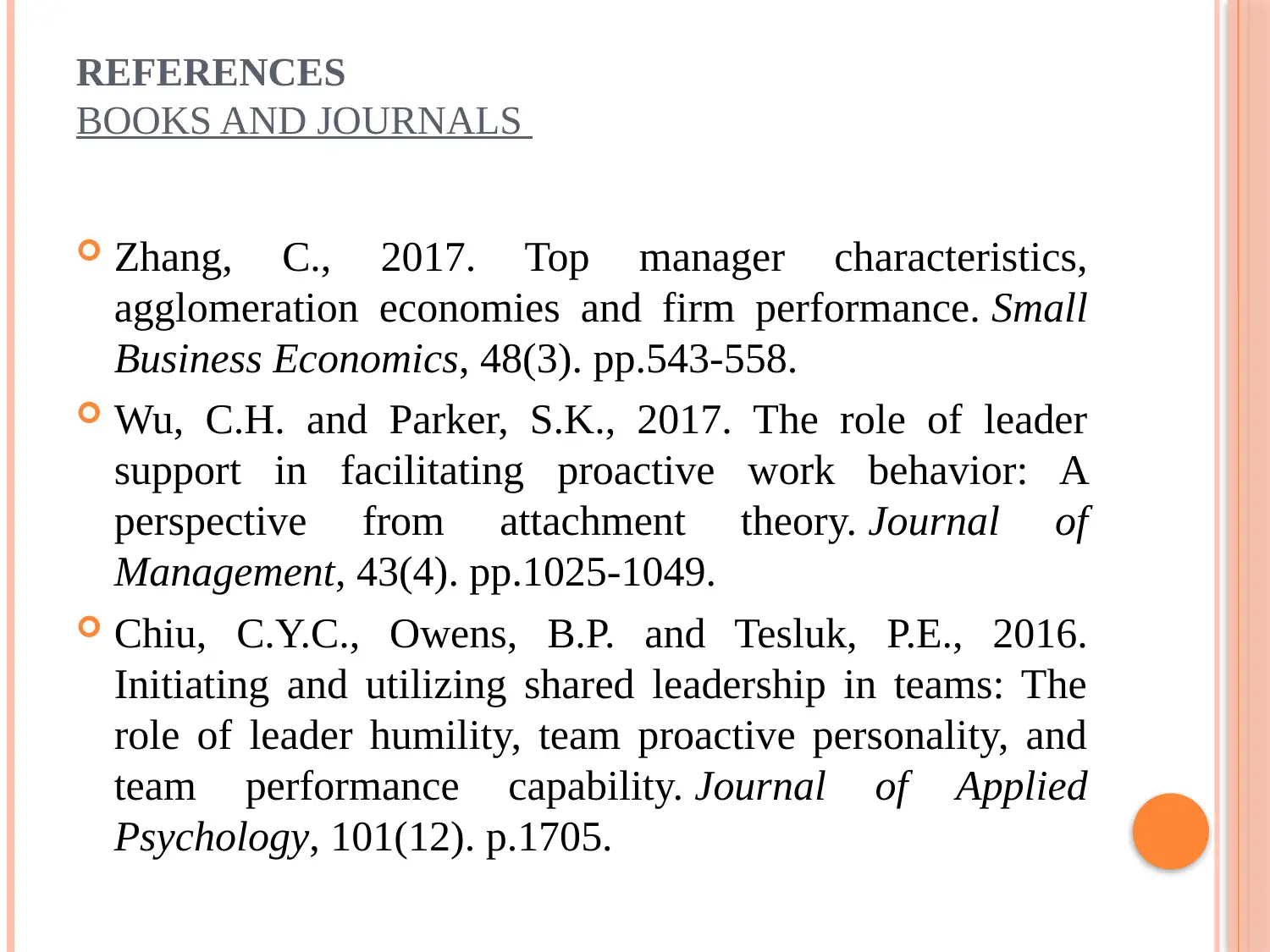






![[object Object]](/_next/static/media/star-bottom.7253800d.svg)